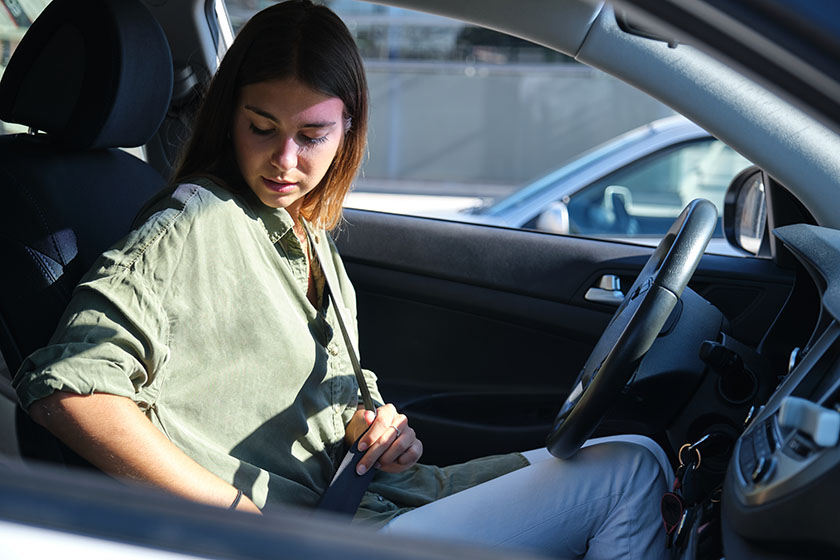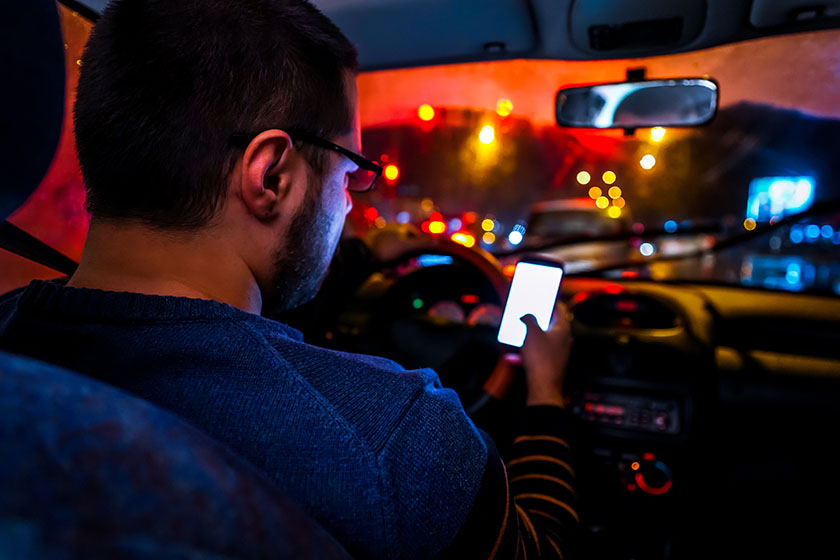Arity + Clear Channel Outdoor at POSSIBLE: New data, new media for marketers
Director of Product Marketing Jennifer Gold shares three key highlights from her masterclass at POSSIBLE 2024.
Read article

Protecting drivers: Auto insurance and the future of mobility
It’s time to reinvent how we all approach risk on our roads. Here are three ways auto insurers can protect their customers.
Read article

Traffic takeaways: The Baltimore bridge collapse
How did the Francis Scott Key Bridge collapse impact Baltimore’s traffic patterns?
Read article


A continuing concern: Distracted driving has increased, again
Distracted driving has increased more than 30% over the past five years. What does this mean for risk on our roads?
Read article
